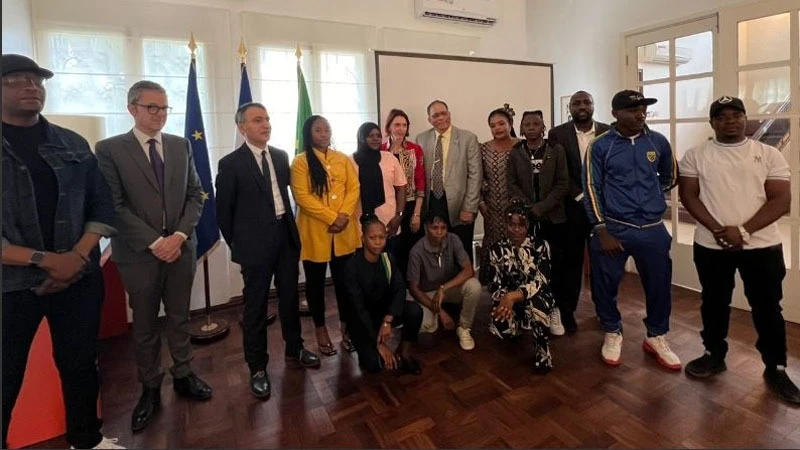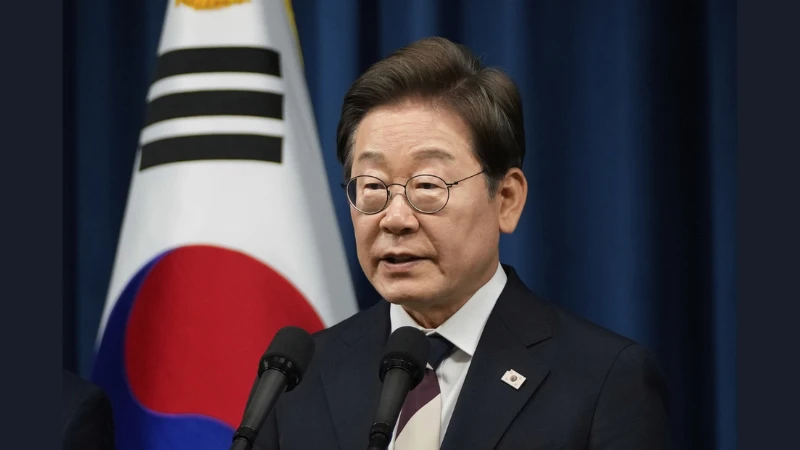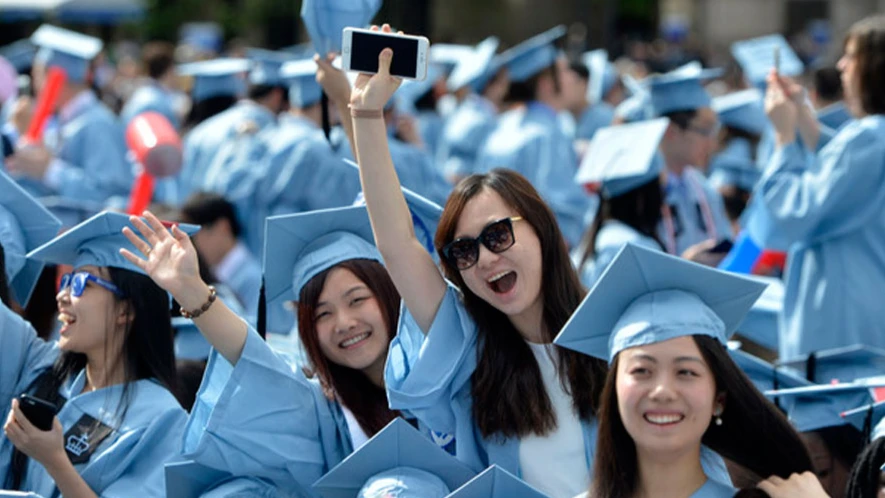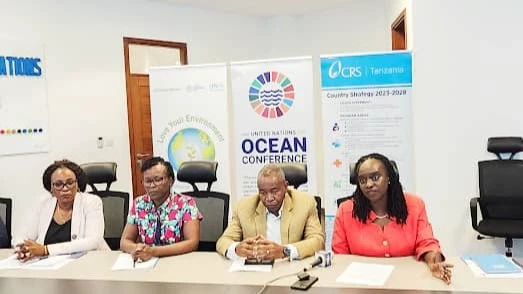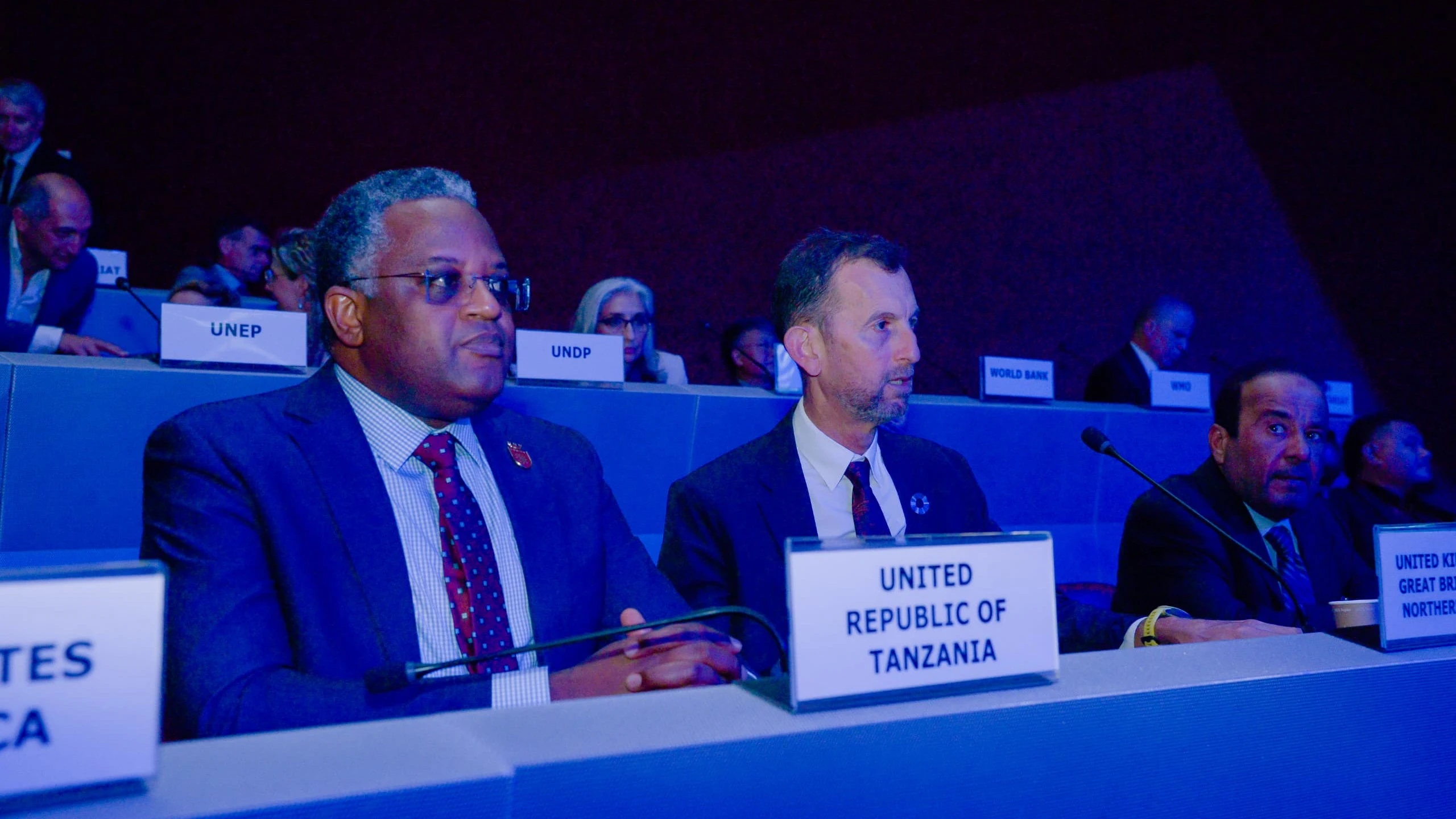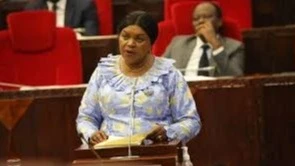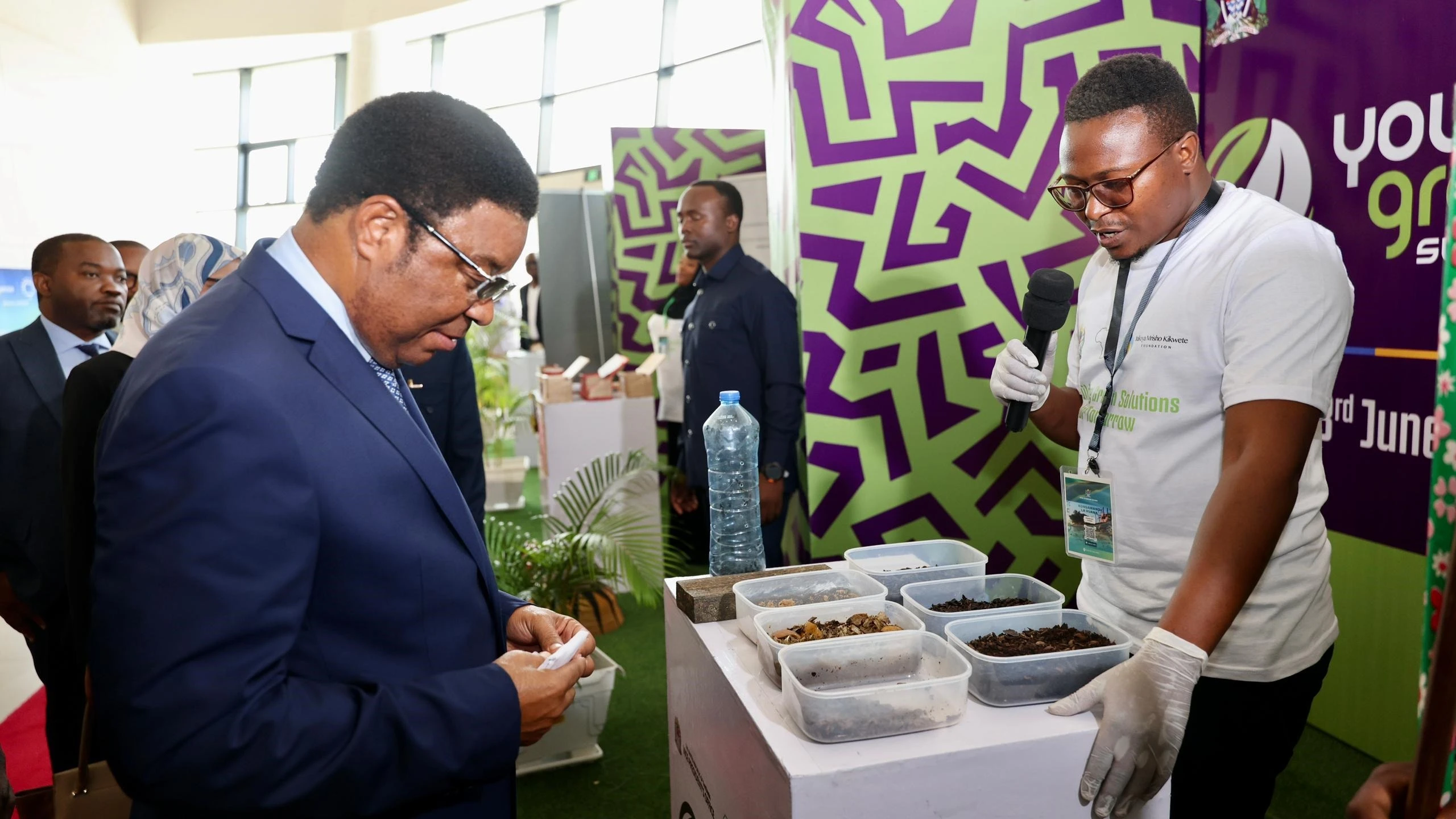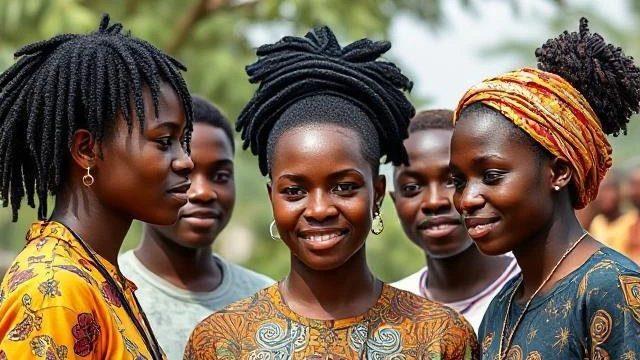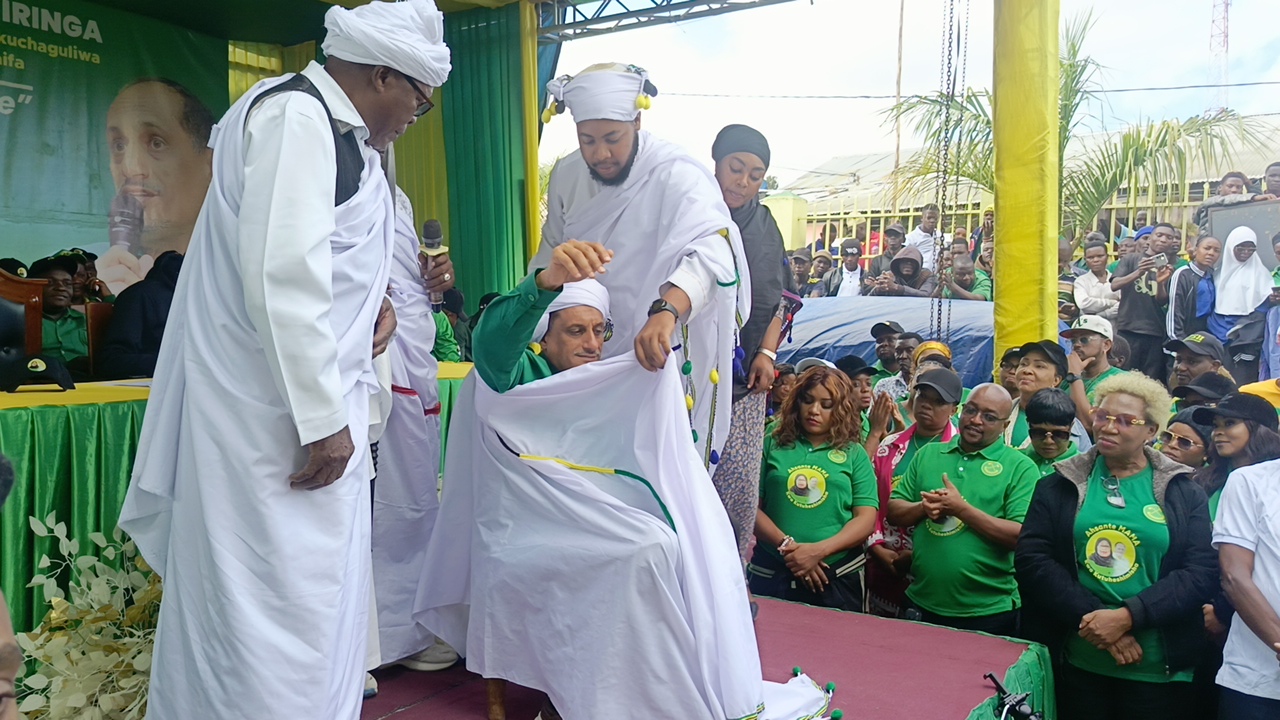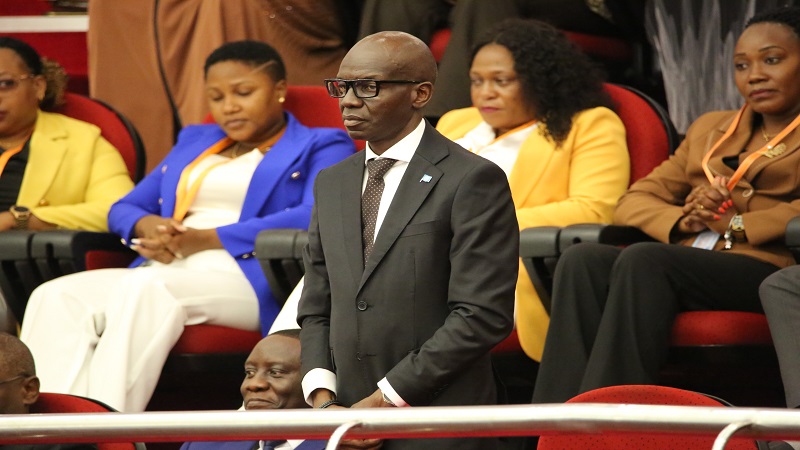Tanzania joins in festive spirit of China’s Dragon Boat Festival
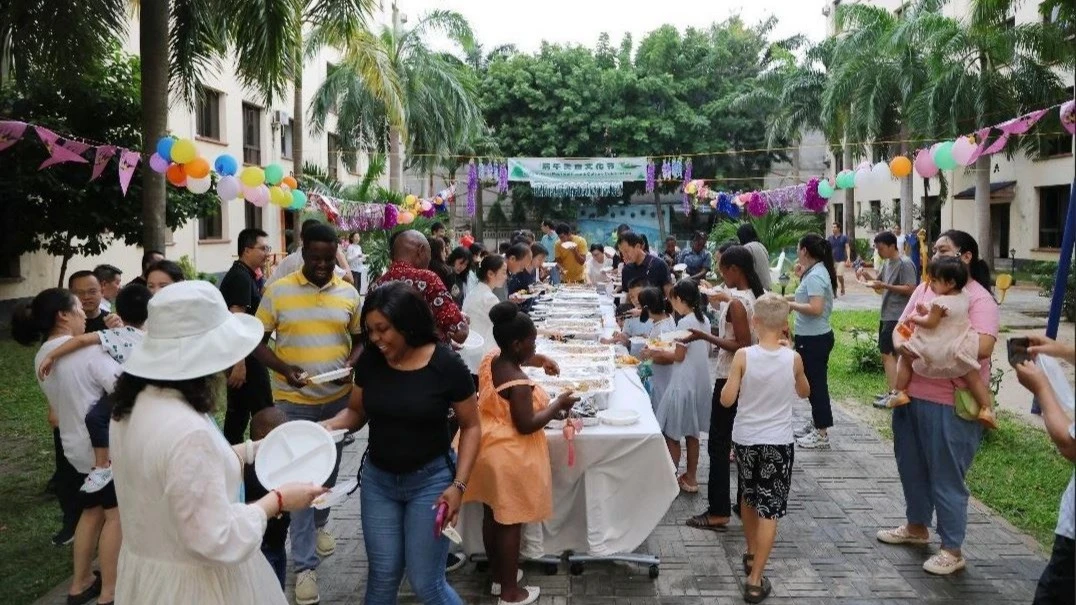
TRADITIONAL Chinese culture took center stage in Tanzania’s commercial capital over the weekend, as Dar es Salaam celebrated the Dragon Boat Festival with vibrant festivities and cultural displays.
The Dragon Boat Festival, also known as the Duanwu Festival, falls on the fifth day of the fifth month in the Chinese lunar calendar. This year, it was celebrated on May 31.
The event, held in the Masaki area of Dar es Salaam, featured traditional Chinese activities such as eating zongzi - sticky rice dumplings wrapped in bamboo leaves - meant to commemorate Qu Yuan, a revered Chinese poet and statesman from the Warring States period (475 B.C.–221 B.C.).
Speaking at the inaugural edition of the event, organized by CRJE (East Africa) Ltd, the company’s director Jiang Yuntao emphasized the importance of cultural exchange.
“As you can see, this event has attracted a large number of Tanzanians and foreign friends who have gathered to experience the unique charm of the festival,” he said.
“This festival, known as the Duanwu Festival, is one of our four major traditional celebrations, with a history of over 2,000 years. It was established to honor the patriotic poet Qu Yuan. Each year, on the fifth day of the fifth lunar month, Chinese people celebrate by making and eating zongzi, racing dragon boats, wearing sachets, and hanging mugwort leaves - all believed to promote health, ward off evil, and prevent disease.”
He added that in 2009, the Dragon Boat Festival was recognized by UNESCO as part of the Intangible Cultural Heritage of Humanity, becoming a significant way for the world to learn about Chinese culture.
Attendees from various backgrounds praised the event’s vibrant atmosphere and cultural significance.
“It’s possibly the most awesome thing we’ve seen. It’s absolutely fantastic,” said Tanzanian attendee John William.
He highlighted the festival’s role in building cross-cultural connections.
“This is one of the greatest opportunities for people of different backgrounds to interact and discover how much we actually share in common, which is a lot more than what separates us.”
Reflecting on the broader significance, William added: “The way this event was conducted - intertwining Chinese culture with the local context - has opened up a great dialogue between Chinese and Tanzanian communities. It’s been a wonderful opportunity to understand both the differences and the similarities between our cultures.”
Top Headlines
© 2025 IPPMEDIA.COM. ALL RIGHTS RESERVED





